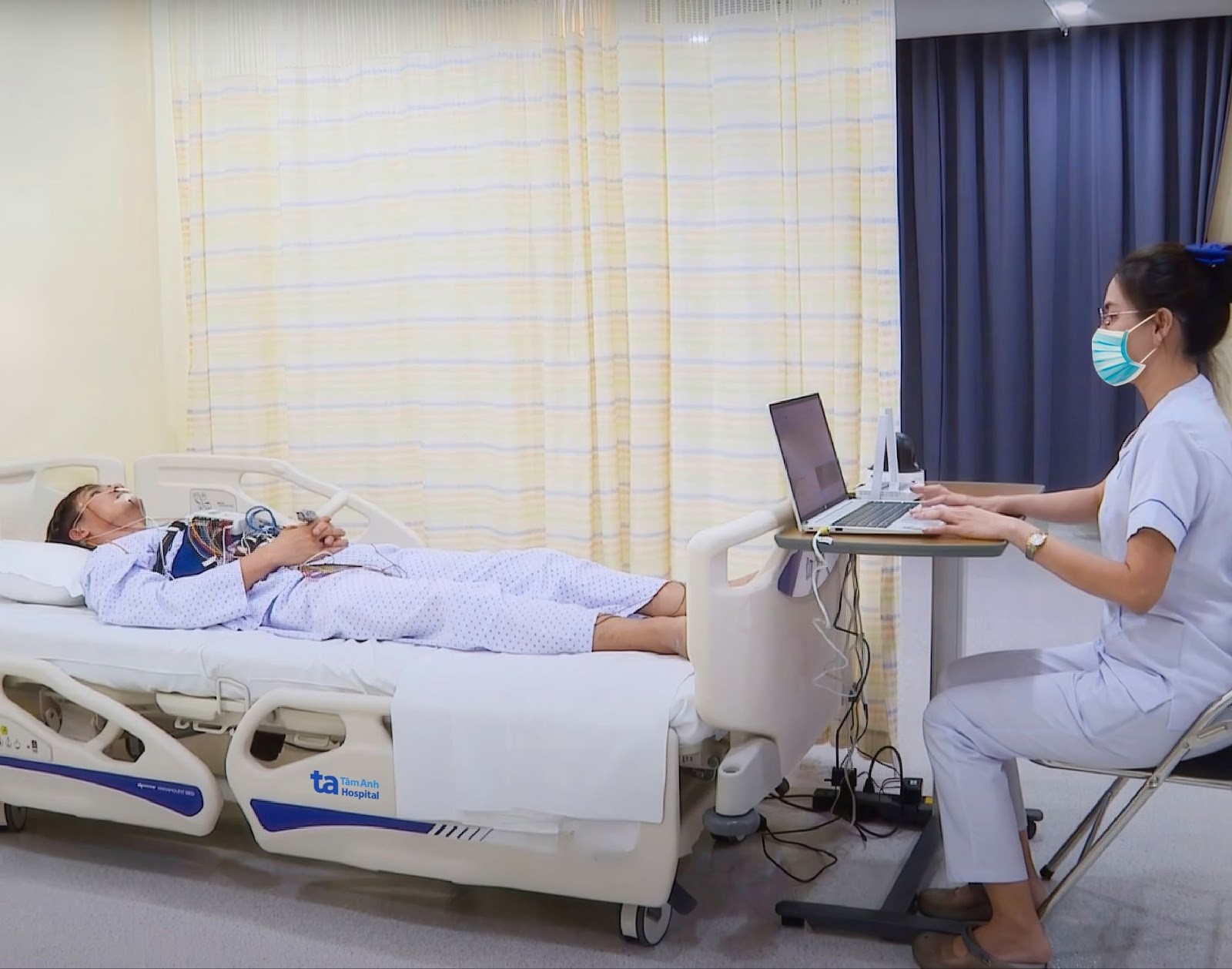Answer:
Dreaming is a normal brain activity that primarily occurs during rapid eye movement (REM) sleep, typically around 90 minutes after falling asleep. During this stage, although the body rests, the brain remains highly active, especially in areas that process emotions, memories, and images, such as the amygdala, hippocampus, and occipital lobe.
Dreams help process emotions, consolidate memories, and foster creativity. In some cases, they contribute to stress reduction and mood stabilization. However, frequent nightmares, excessive dreaming, and waking up feeling tired, with headaches and a rapid heartbeat, can be a sign of REM sleep behavior disorder or mental health issues like anxiety, depression, or post-traumatic stress. Individuals with neurological conditions like Parkinson's disease, neurodegenerative disorders, or those taking certain antidepressants or blood pressure medications may also experience frequent dreaming, talking during sleep, and restless sleep.
You should consult a neurology specialist for a check-up. Your doctor may recommend a polysomnography (PSG) sleep study to assess your REM cycles, sleep quality, and any associated sleep disorders. Using specialized electrodes, a PSG records brain waves, breathing patterns, oxygen levels, airflow in and out of the lungs, heart rate, and eye and leg movements during sleep.
 |
Polysomnography helps identify and diagnose sleep disorders. Photo: Tam Anh General Hospital |
Polysomnography helps identify and diagnose sleep disorders. Photo: Tam Anh General Hospital
Based on the results and clinical findings, the doctor analyzes sleep patterns, identifies the causes of sleep disruptions or disorders, and tailors treatment accordingly. If necessary, further neurological tests may be ordered to rule out brain damage or nerve conduction disorders affecting sleep cycles.
To improve sleep quality, aim for 7 to 8 hours of sleep each night, maintain a consistent sleep schedule, and avoid sudden changes in your sleep-wake cycle. Before bed, limit electronic device usage and avoid caffeine, alcohol, or stimulants as they can disrupt deep sleep. Relaxing activities like reading, listening to calming music, keeping the room dark, quiet, and cool can help prepare your brain for rest.
Dr. Nguyen Huu Khanh
Center for Neuroscience
Tam Anh General Hospital, Ho Chi Minh City
| Readers can submit questions about neurological conditions here for doctor's response. |












